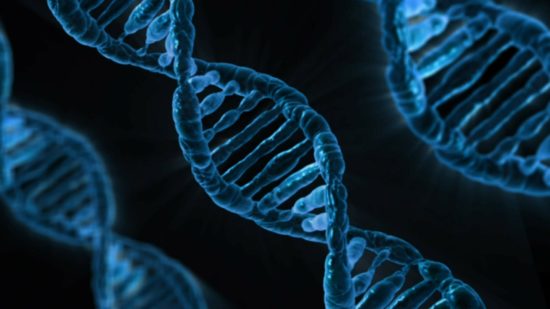Whole genome sequencing and gene sharing network analysis powered by machine learning identifies antibiotic resistance sharing between animals, humans and environment in livestock farming
Anthropogenic environments such as those created by intensive farming of livestock, have been proposed to provide ideal selection pressure for the emergence of antimicrobial-resistant Escherichia coli bacteria and antimicrobial resistance genes (ARGs) and spread to humans. Here, we performed a longitudinal study in a large-scale commercial poultry farm in China, collecting E. coli isolates from both farm and slaughterhouse; targeting animals, carcasses, workers and their households and environment. By using whole-genome phylogenetic analysis and network analysis based on single nucleotide polymorphisms (SNPs), we found highly interrelated non-pathogenic and pathogenic E. coli strains with phylogenetic intermixing, and a high prevalence of shared multidrug resistance profiles amongst livestock, human and environment.
AMR NEWS
Your Biweekly Source for Global AMR Insights!
Stay informed with the essential newsletter that brings together all the latest One Health news on antimicrobial resistance. Delivered straight to your inbox every two weeks, AMR NEWS provides a curated selection of international insights, key publications, and the latest updates in the fight against AMR.
Don’t miss out on staying ahead in the global AMR movement—subscribe now!







